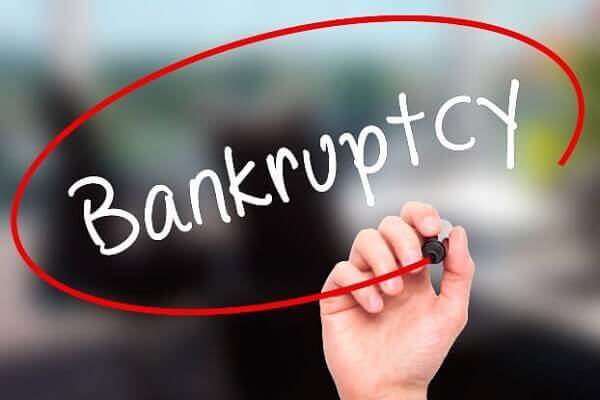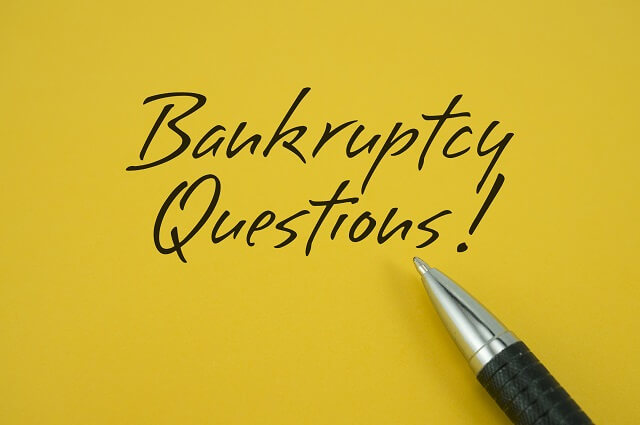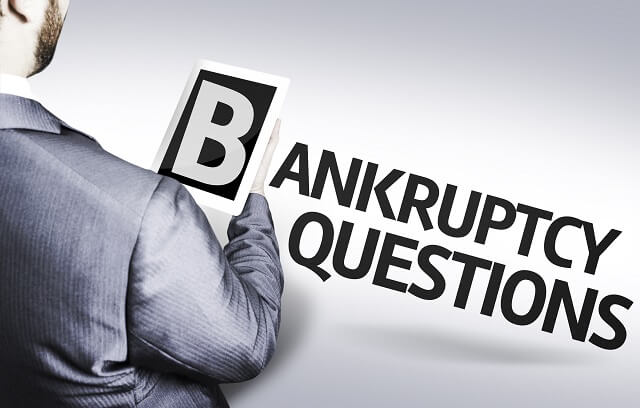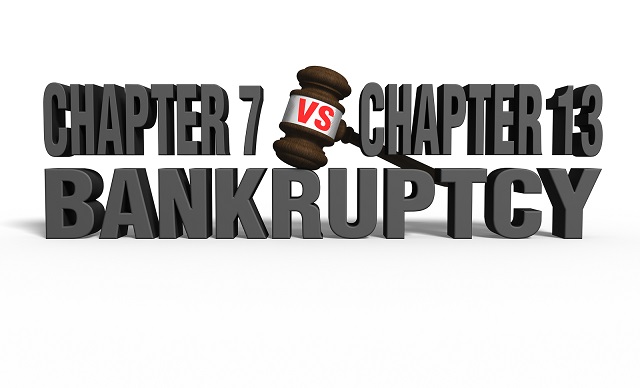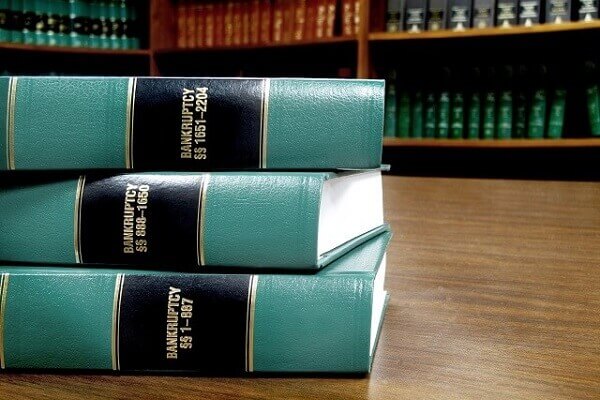What Happens if I Cannot Make My Bankruptcy Plan Payments?
When you file for Chapter 13 bankruptcy, the court assigns a repayment plan. This repayment plan was originally proposed by you and your bankruptcy attorney, and the court accepted it. Therefore, you are required to make those payments on time to the court’s trustee. But, what happens if you cannot make your bankruptcy plan payments?…
Five Tips for Surviving Your Chapter 13 Bankruptcy
Can you survive your Chapter 13 bankruptcy? Chapter 13 bankruptcy is not a quick process. Instead, you will be spending several years reorganizing your debts and catching up on missed payments. But, in return, you will keep your assets and not have to liquidate property. While there are pros and cons to Chapter 13 bankruptcy,…
Five Surprising Facts about Bankruptcy in the U.S.
Bankruptcy is not uncommon to American consumers. Even if one particular consumer has not filed, odds are high that he or she has a friend or family member who has before. Regardless of how common it is, it is still widely misunderstood. So, whether you are considering filing for bankruptcy yourself or if you have…
What Property is Exempt and Nonexempt in My Bankruptcy?
When you file Chapter 7 bankruptcy in the state of Washington, there is some property that will be protected under the state’s exemptions (RCW 6.15.020). These exemptions can also apply in a Chapter 13 case. Washington is one of the few states that allows you to choose between the state or federal exemptions. This means…
What is a Bankruptcy Trustee?
When you file for bankruptcy, the court will appoint a trustee appointed to your case. The bankruptcy trustee will have various roles. The trustee is there to review the petition, look for red flags and fraudulent claims. His goal is to maximize the amount of money that your creditors will receive. Who Pays the Bankruptcy…
What Happens at a 341 Hearing with Creditors?
When you file for Chapter 7 or Chapter 13 bankruptcy, you are required to attend a meeting of the creditors. This is also referred to as a 341 Hearing. During this meeting, you are not in front of a judge. Instead, your bankruptcy trustee is present, along with creditors, to discuss your debt obligations. This…
After Bankruptcy: What Steps Should I Take First?
What steps should you take after bankruptcy? You have finished your bankruptcy proceedings – now, your debts are either discharged, or you are going through the court-designated repayment program. Regardless, you have been given a fresh start with your finances, which means that you need to play it smart. A large majority of those who…
Business Bankruptcy: Does Your Business Qualify?
Does your business qualify for a business bankruptcy? If your business is struggling to turn a profit or has excessive debt, it might be time to consider filing for bankruptcy. Bankruptcy is a lifeline for businesses, just as much as it is for consumers. Most business owners assume that if they need to file bankruptcy,…
- « Previous
- 1
- …
- 3
- 4
- 5
